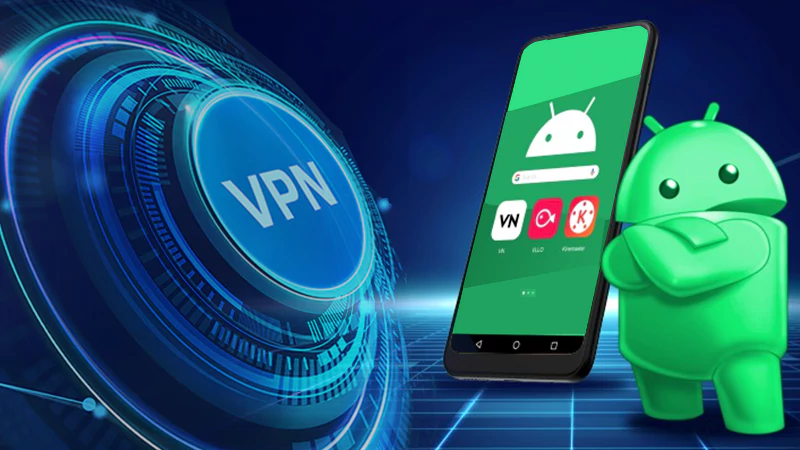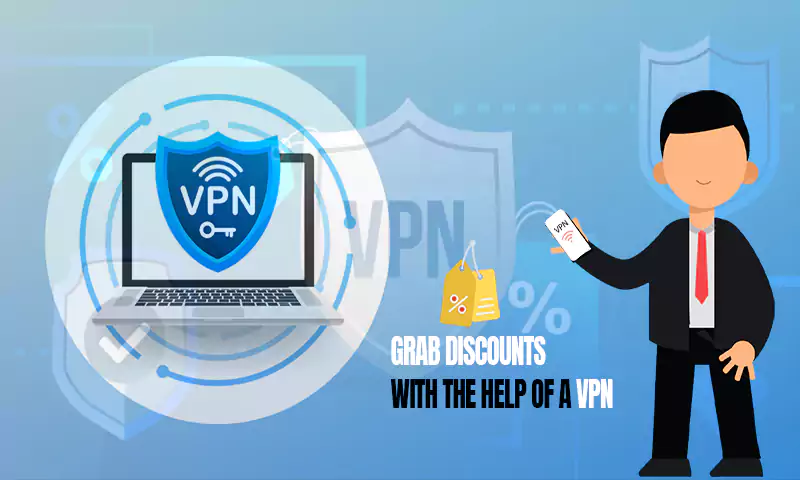Modern Security Techniques are Necessary to Protect the Remote Working Generation
A significant proportion of the US population is now working remotely, and that’s creating huge security risks for businesses and the employees themselves. According to the New York Times, 50 million workers now operate entirely remotely – roughly 15% of the entire population. Home networks were already a lucrative way in for hackers and other malicious actors; levels of protection are generally lower on wireless home networks than in physical networks with rigorous physical hard wiring. As a result, businesses across the USA and indeed the world need to adopt modern security practices to defend against future issues.
Embracing All-Level DoH
One technology that has made huge strides in protecting remote workers is DNS-over-HTTPS – or DoH. HTTPS has become a fantastic standard in security; its prevalence in internet protocol means that it has become the industry standard, and has received significant updates in every iteration of its lifespan so far. HTTPS is important as the lifeblood of the internet. Big tech, Google included, insists on its use for security, and that has made it secure. The main benefit of DoH is that it allows the HTTPS to act as an intermediary between the networks that are interfacing. This makes it a good option for protecting remote workers.
DoH is seeing widespread adoption, too. Firefox recently highlighted its commitment to using the technology, which means another major browser provider will have thrown their hat into the ring at a time when it is very much required. Moving towards using DoH systems will enable employees to work securely, yet without disruption, and ensure that businesses are ahead of the curve when it comes to the most cutting-edge and relevant business IT security systems.
Reining in the IoT
The internet of things is undoubtedly a hugely beneficial tool for employers. It allows them to have their employees online more often, and with more flexibility, and enables them to take their work out of their home environment and elsewhere – whether that be on the road or in collaborative workspaces. Unfortunately, the IoT is also a huge security risk – and, according to Deloitte, retrofitting technology to meet more recent security standards brings its own level of risk. The IoT is already a security nightmare for many homeowners, and providing extra access points into privileged networks is something that businesses will be very wary about. All of the best protections can be constructed for nothing if an IoT network allows a rogue actor in without any checks.
This is why it becomes extremely pivotal for both businesses and employees to have an IoT remote monitoring solution for their smooth business operations.
Accordingly, businesses need to be judicious in what they allow when it comes to IoT. It is not unreasonable to ask for employee networks to be secured properly when dealing with sensitive employee data and commercial information. However, it must be imperative for the business to provide the tools and support required to secure those networks and provide the tools and training that remote workers need. Specialists in Home Office IT support and management such as AnyTech365 can help ensure home environments are suitable for business activities too. Furthermore, through new generation VPNs, a greater level of security can be created with minimal disruption.
VPN Innovation
VPNs have been at the heart of every secure remote working function. The concept of a VPN has been something with a generally high level of attention in the media and marketing, with more individuals understanding the value of having VPN protection in their everyday business. The matter of business and commercial VPNs is far more high level, of course, and with a significantly raised level of complexity.
One development that has seen new innovations in the VPN world has come about through regulations. Whereas business VPN use is purely defensive, to prevent malicious actors from accessing networks, there has been a history in the industry of VPNs being used to protect data concerning criminal actions. With new privacy laws protecting everyday data, TechRadar reports that companies will now be obliged to divulge records to the relevant agencies when requested to do so. This has actually encouraged innovation in the VPN field. With a better understanding between users, developers, and the authorities, there’s a greater degree of research and innovation being conducted into how VPNs can be made safer, and how they can accomplish that within the collaborative workspace that helps to promote national cybersecurity standards.
The technology underpinning a modern remote cybersecurity response isn’t all that transformative. On the contrary, it’s largely old methods that are being refreshed for a new age. The key change comes in understanding and collaboration between all of the parties. Workers, employers, and the authorities all understand the high stakes that are brought about by cybersecurity considerations. Meeting these will ensure that the remote working sphere is a happy and safe one. For employers, there’s a clear need to keep moving with the time. Find new solutions, stick to them, and keep upgrading as required.
Share















